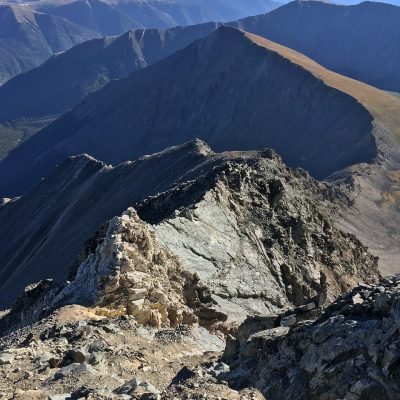General Tips & Things To Know



- Planning a ski vacation? Start by buying your lift tickets by mid October. By doing so, you will save over 50% per ticket compared to box office lift tickets day of. Depending on whether you plan on skiing elsewhere that season, you may even want to buy a IKON or EPIC season pass since both conglomerates own resorts throughout the world.
- Stay hydrated. Colorado has a high desert climate – it can be very dry.
- Stay hydrated. The Mile High City rests at 5280′ and there are peaks exceeding 14,000′ (14ers). Altitude sickness is a real thing that does affect some. The most common side effect is not having the cardiovascular strength compared to sea level.
- Wear sunscreen. Speaking of altitude, Colorado is close to the sun and there’s lots of it. Colorado averages 300+ days of sun per year. Summer or winter, it’s easy to catch a tan (or burn).
- Plan ahead when traveling to the mountains from Denver during peak times, and vise versa. Rush hour in the winter is Friday from 4-8pm, Saturday and Sunday 6am-9am. Rush hour on your return trip to Denver is 2:30-8pm. Of course, also weather dependent. Just keep in mind that city folk also enjoy the mountains.
- Going to Rocky Mountain National Park? To regulate the number of visitors, they have implemented a Timed Entry Permit System. Apply for the permit ahead of time, with 40% of permits being released the night before at 7pm MST. The entire Park is stunning but the best of the best hikes (Sky Pond, Bear Lake, Gem Lake) can be found along Bear Creek Road.
- The temperature in the mountains versus the front range can vary greatly, up to 30 degrees. No matter where in Colorado during the summer, it’s a good idea to pack some extra layers because the temperature does drop at night.
- For every 1,000′ of elevation gain, the temperature drops 5.4 degrees. Keep this in mind if hiking/camping higher peaks.
- AllTrails
- Camping? Here are campfire restrictions by county. DROWN OUT YOUR FIRES!
- Mountain Passes
